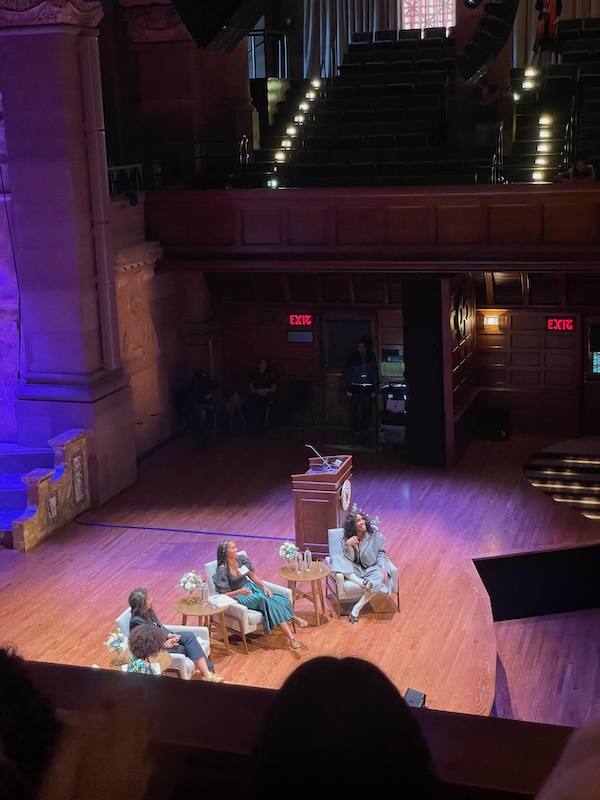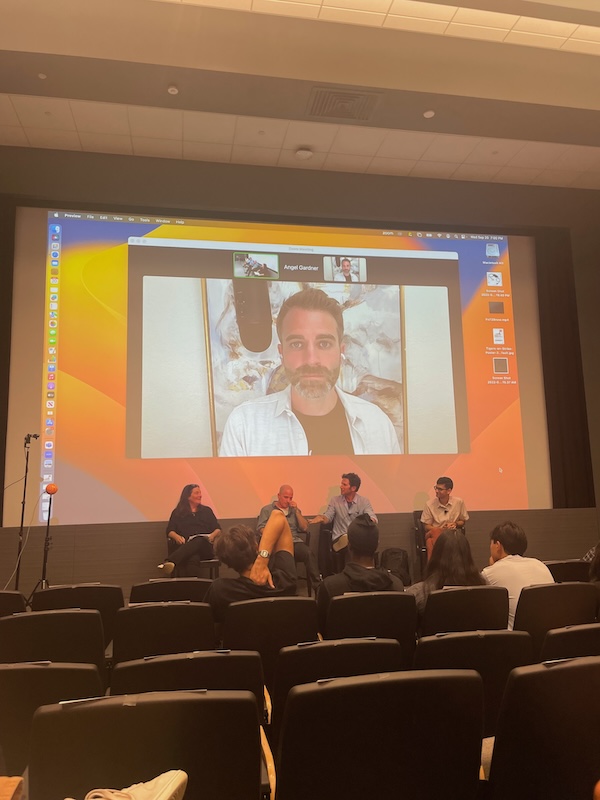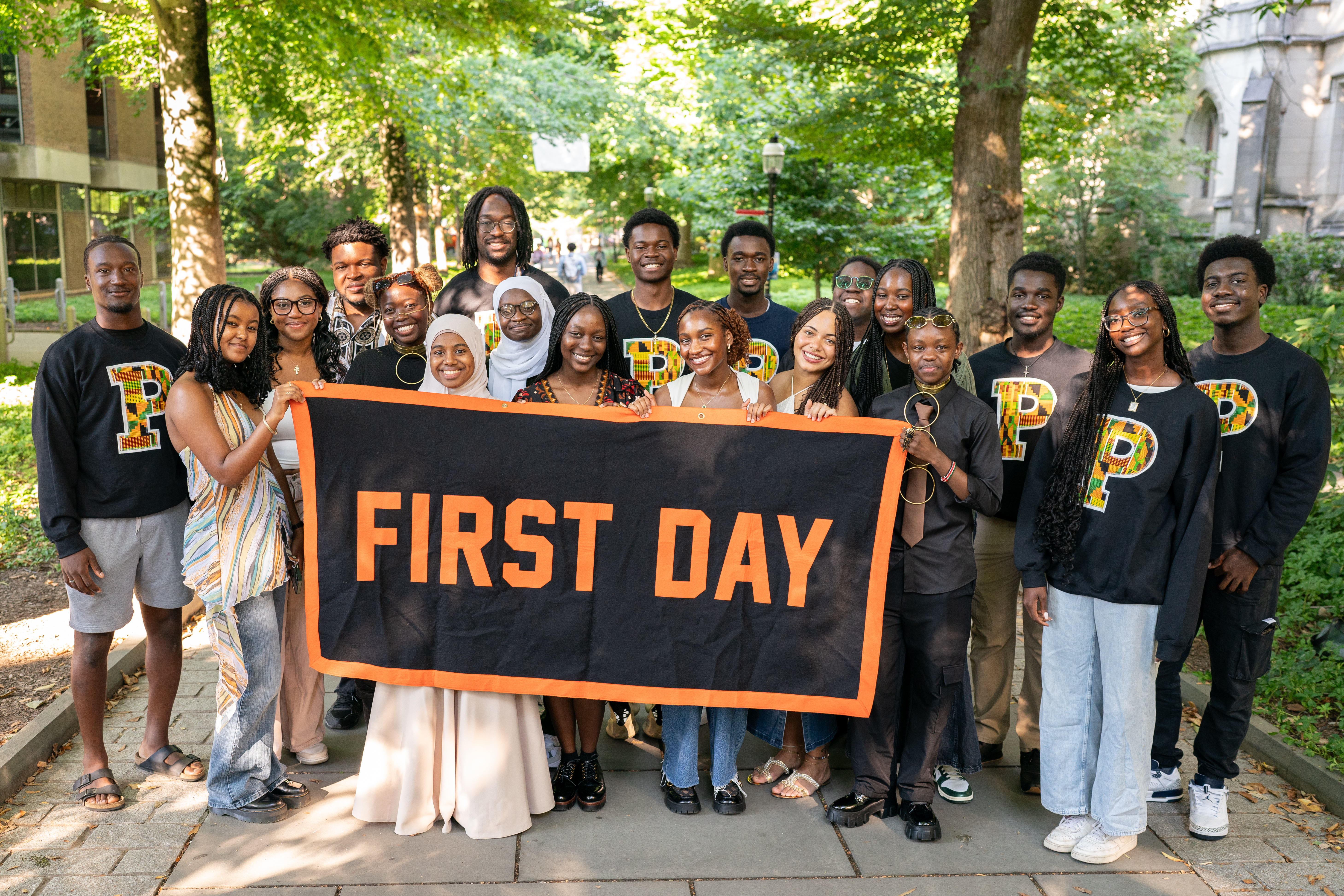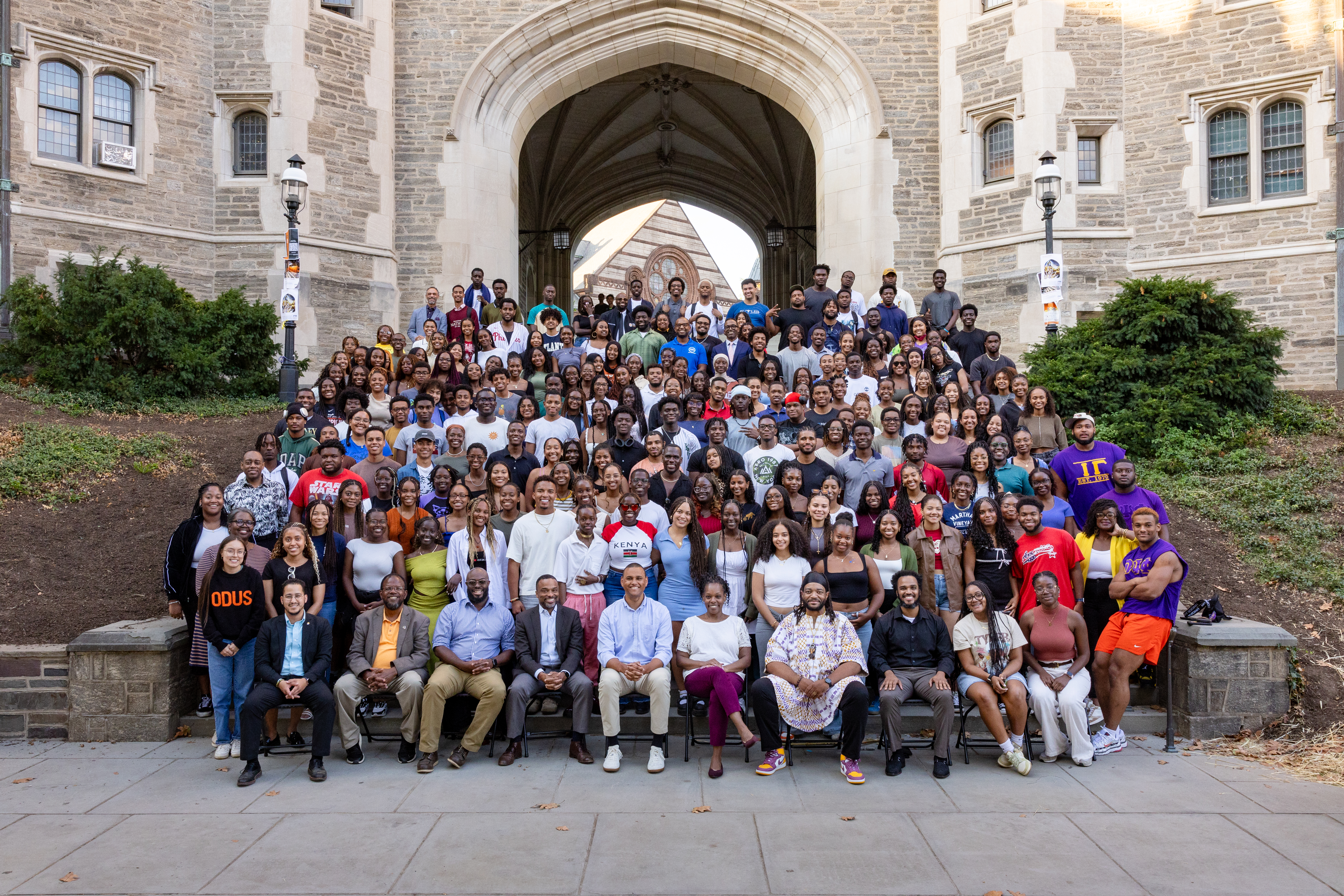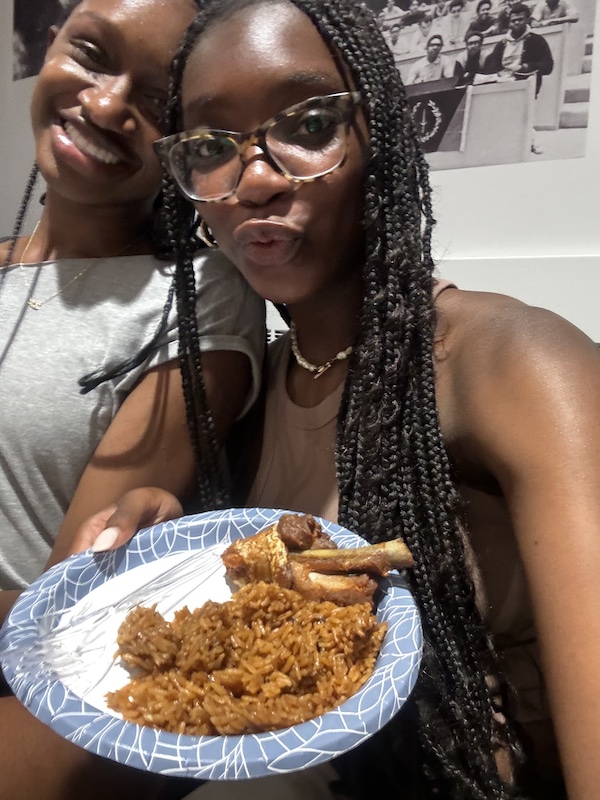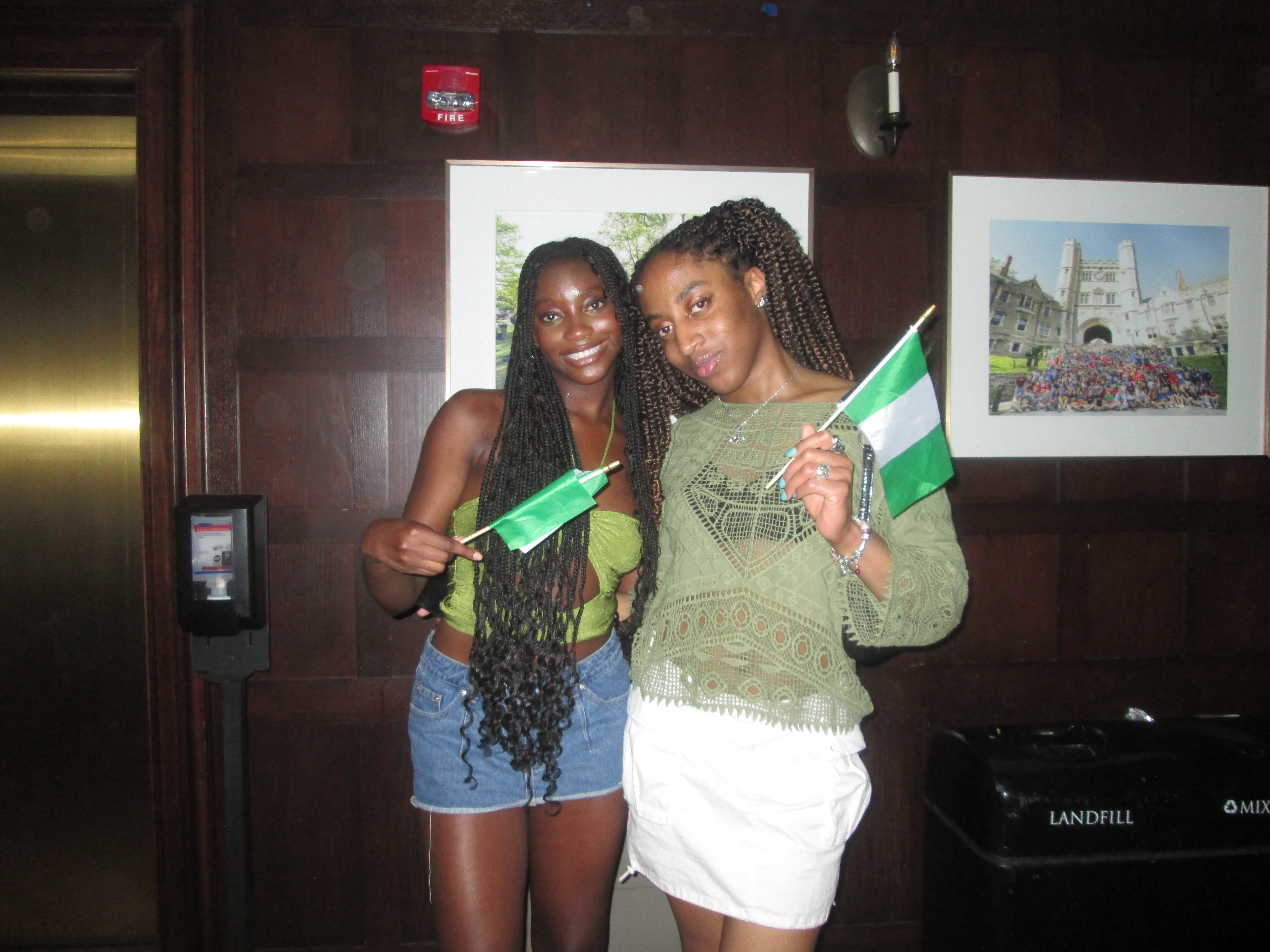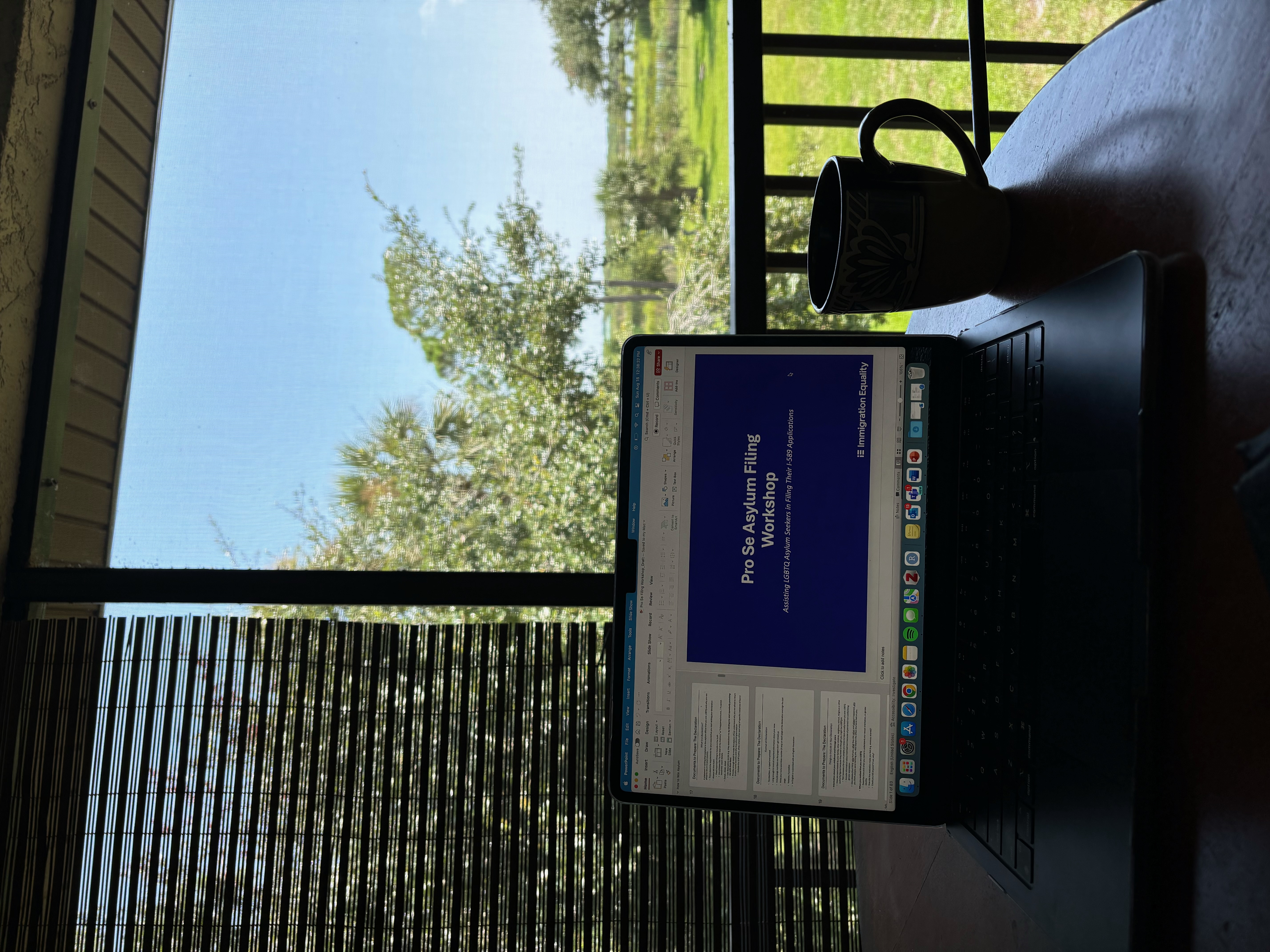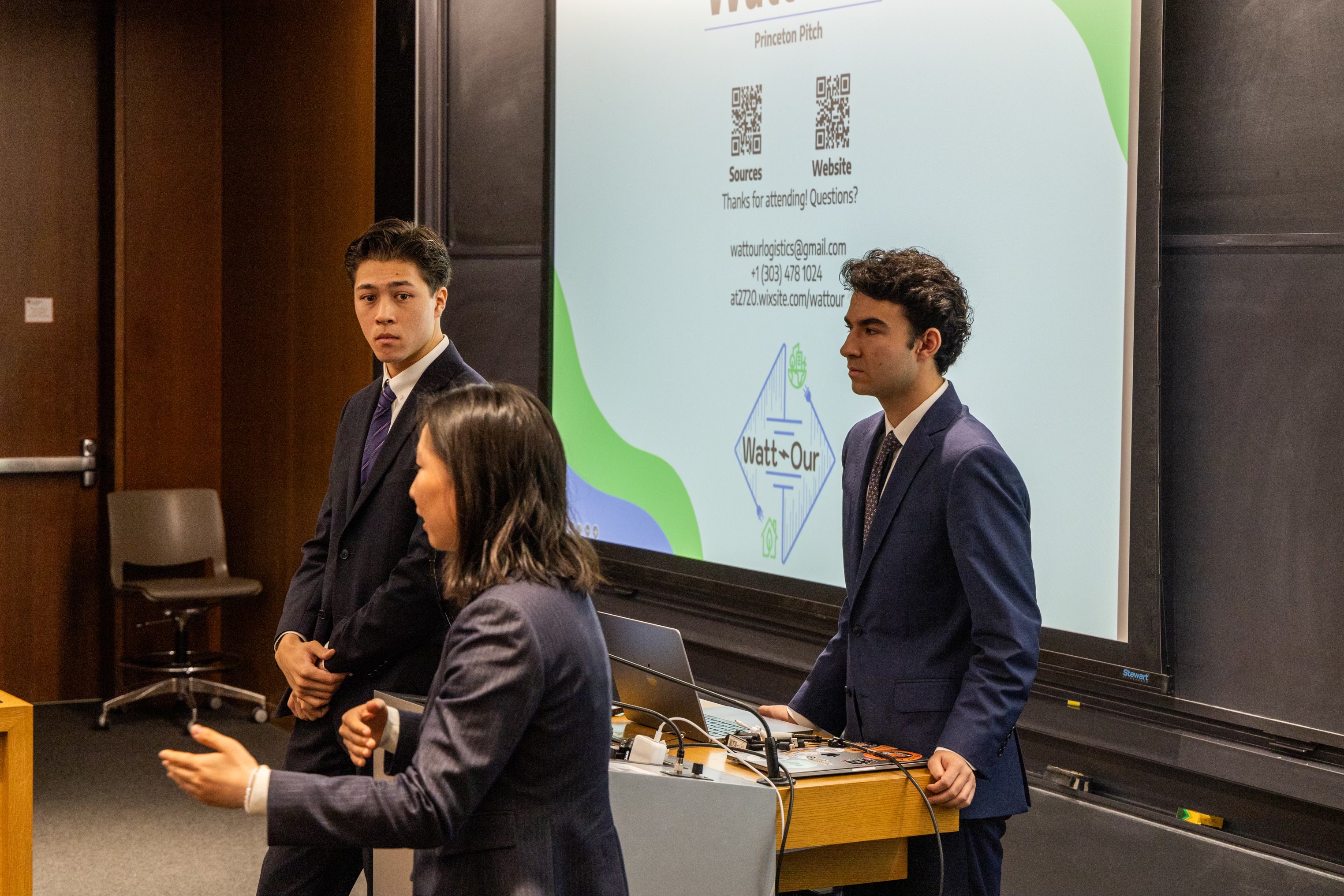Senior year is flying by and with midterms approaching, I’m reminded just how fast this semester is moving. Between working on my thesis (which feels like a never-ending list of tasks) and juggling all my commitments, my friends and I thought it’d be fun to create a bucket list of things we want to do before graduation. We haven’t set a date to write it down yet because, of course, we’re busy but we’ve already crossed off a few items from our mental list.
First up was matching socks. We took a trip to Maruichi, one of my favorite stores on Nassau Street and picked out some cute pairs—Hello Kitty, Cinnamonroll and Kuromi. One of my friends is a big Hello Kitty fan, so we all decided to grab socks featuring those characters. It might sound silly but there’s something fun about wearing matching socks. Sometimes we don’t even plan it and we end up wearing them at the same time.
Next on the list is a trip together. We’ve been talking about going somewhere for our last year and after tossing around ideas in South America and Asia, we finally landed on London! I had hoped to visit Guatemala or Los Angeles but when we looked at flights, London just felt right. We booked our tickets that same day; it was spontaneous but we were all excited to have a plan for fall break. The thought of exploring one of my favorite cities with some of my favorite people is unreal.
Then there are our movie nights. I wouldn’t call myself a movie fanatic but we definitely love watching films together. From Iron Man to Saltburn and USG movie nights like Didi, we’ve been staying up late to catch movies almost every week. One of my friends brought her projector, which has turned our hangouts into fun movie nights. It’s one of my favorite ways to unwind after long days and it helps us catch up when we’re all free.
We still have plenty of items left on our list, like senior sunrise, visiting all the eating clubs, picnics and a nice dinner on Nassau Street. Honestly, the list feels endless and I find myself setting different goals with different people. While working on my thesis and applying to grad school are top priorities right now, I think it’s just as important to have this little fun list to look forward to. Each item gives me something to anticipate after long nights or early mornings and with every checkmark, I’m reminded of how grateful I am for my amazing friends as we wrap up this year together.







